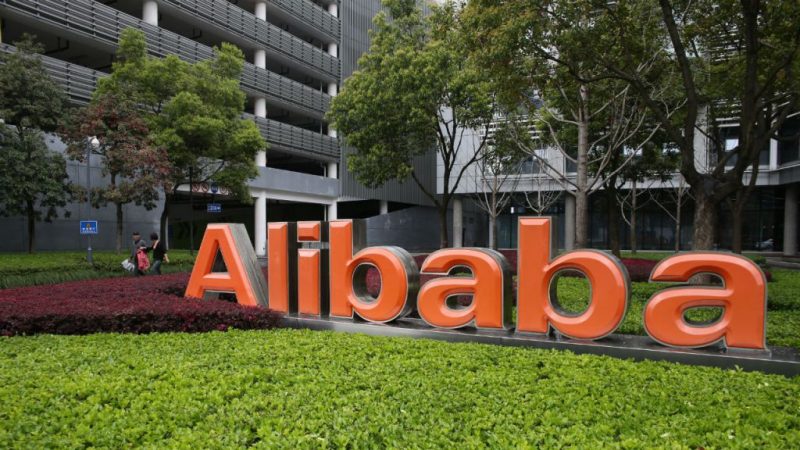Tech giant Alibaba entered a cooperation agreement with China’s eastern Zhejiang, one of China’s wealthiest and Alibaba’s home province, to develop artificial intelligence and the digital economy.
Reports say the agreement aims to promote a better business environment for platform firms and various IT innovations including AI. A separate national regulator, the State Administration for Market and Regulation backed Zhejiang’s endorsement. Alibaba CEO Daniel Zhang, who signed the pact said:
“The digital economy entered a new age with AI currently sweeping the world and the group is dedicated to building Zhejiang into a world-class digital economy cluster and leveraging its technology platform.”
Alibaba plans to integrate its large language model, the Tongyi Qianwen across its various business lines to improve user experience. It’s now powering interactions with a new version of the meeting assistant, Tongyi Tingwu, which helps analyze audio and video files and generate text summaries. This bot, which is now open to the public to try, will be integrated into the Slack-like DingTalk messaging app.
The move signifies a change in the Chinese government’s attitude towards Alibaba, which endured the state’s regulatory moves after its co-founder Jack Ma criticized Chinese regulators in 2020 and dropped out of public sight. Ma has only recently ended his hiatus last month, with his most recent appearance in Pakistan, a move fueling suspicions of cooperation there.

On top of the surprise reshuffle, Alibaba is experiencing major transformations after it announced in March to split the group into six smaller units, a step seen to appease regulators concerned with the group’s dominance and market influence.
The six units include Cloud Intelligence Group, Taobao/Tmall e-commerce companies, delivery platform Local Life, smart logistics Group Cainiao, Global Digital Business Group, and Digital Media Entertainment Group.

